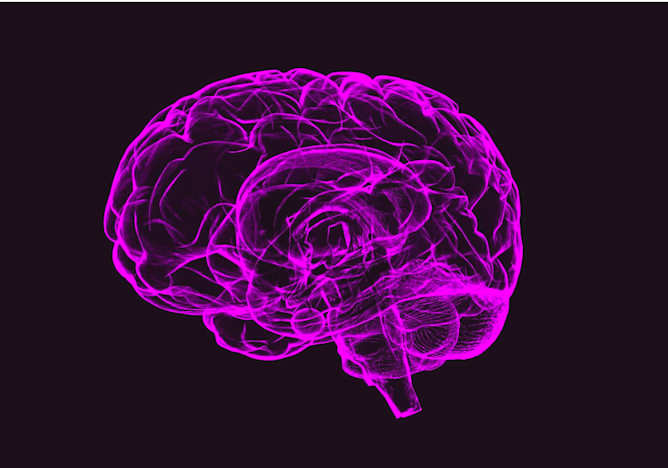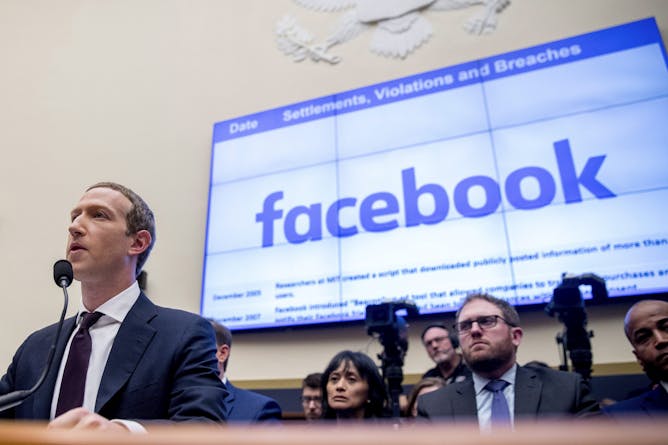|
I spent several years in Washington, D.C., reporting on the political ascent and presidency of Barack Obama. Soon after his election, I covered a Tea Party rally and saw in dismay many protesters wearing openly racist anti-Obama T-shirts and carrying signs accusing the newly elected president of destroying America. Twelve years later, and it’s long seemed to me that these racist Tea Party supporters simply took up Donald Trump’s “Make America Great Again” cause and now make up his base. But as Ron Stagg, a history professor at Ryerson University, writes today in The Conversation Canada, it's a bit more complicated than that — and he explains why Trump's hard-core supporters are willing to shrug off his lies and misdeeds. With six weeks until the U.S. presidential election and the country in a seemingly relentless state of turmoil, it’s a fascinating and troubling read.
Also in today’s edition:
Regards,
|

Supporters cheer as U.S. President Donald Trump speaks at a Nevada rally on Sept. 13.
(AP Photo/Andrew Harnik)
Ron Stagg, Ryerson University
Who are Donald Trump's hard-core supporters and why do they pose an increasing threat of violence in the coming U.S. elections — and after?
|

More than half of patients with dementia also suffer from depression. If the depression remains untreated, the associated memory and cognitive problems worsen. Conversely, a significant history of depression seems to be a risk factor for dementia.
(Pixabay)
Donald Weaver, University of Toronto
Dementia and depression are two diagnoses that rob older adults of health and happiness. Despite their obvious differences, it is becoming ever more apparent that the two conditions are connected.
|

iStock HR.
(iStock)
Kelly D. Harding, Laurentian University
COVID-19 is not only disrupting services for people with fetal alcohol spectrum disorder (FASD) and their families, but may also be linked to an increase in rates due to an uptick in alcohol use.
|

American history professor Jessica Krug revelation that she was white, and not Black as she had been pretending, created an immediate backlash against her.
(Shutterstock)
Vershawn Ashanti Young, University of Waterloo
History professor Jessica Krug had built her life as a Black woman, but she was a white Jewish woman from Kansas. Her revelation raises questions about why some white people assume Black identities.
|

In ‘Watchmen,’ Angela Abar (Regina King) finds KKK garb in the closet of Judd Crawford (Don Johnson), her late friend who was Tulsa’s police chief.
(HBO)
James M. Pitsula, University of Regina
The KKK appeared in Canada in 1921. Nowhere else in Canada did the Klan achieve the influence it attained in Saskatchewan, where it helped bring down a government.
|

Le PDG de Facebook, Mark Zuckerberg, témoigne le 23 octobre dernier devant la Chambre des représentants, à Washington. Partout sur la planète, les élus se demandent comment mieux redistribuer les immenses revenus de Facebook.
AP Photo/Andrew Harnik, File
Jean-Hugues Roy, Université du Québec à Montréal (UQAM)
Au Canada, Facebook fait entre 35 et 58 fois plus d’argent avec les médias qu’il n’en verse à ces derniers.
|
Politics
|
-
Jonathan Entin, Case Western Reserve University
Before she became a Supreme Court justice, the late Ruth Bader Ginsburg’s work as an attorney in the 1970s changed the court’s approach to women's rights and how we think about women – and men.
|
|
Business + Economy
|
-
Rweyemamu Ndibalema, University of Birmingham
Five tips for greater employee satisfaction and productivity.
|
|
Environment + Energy
|
-
D. André Green II, University of Michigan
Can a plan that brings together government and private landowners create enough habitat for monarch butterflies?
|
|